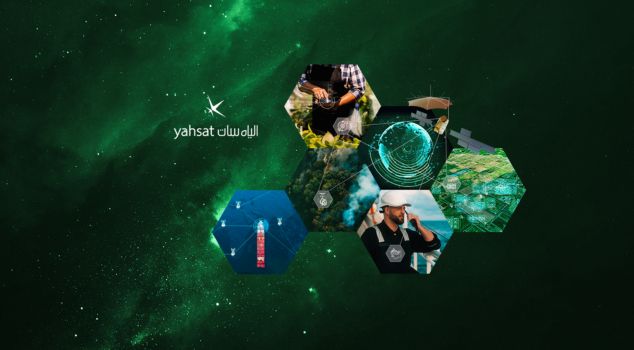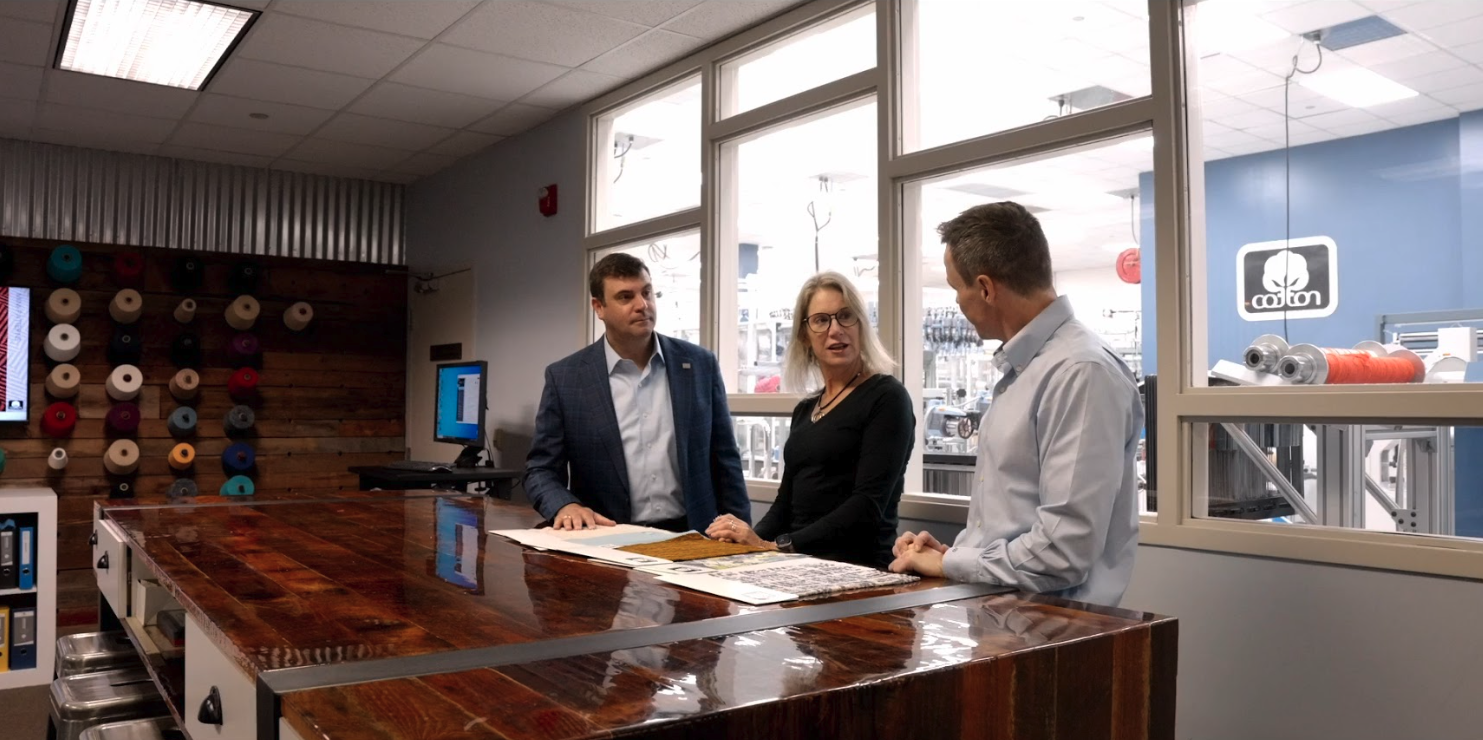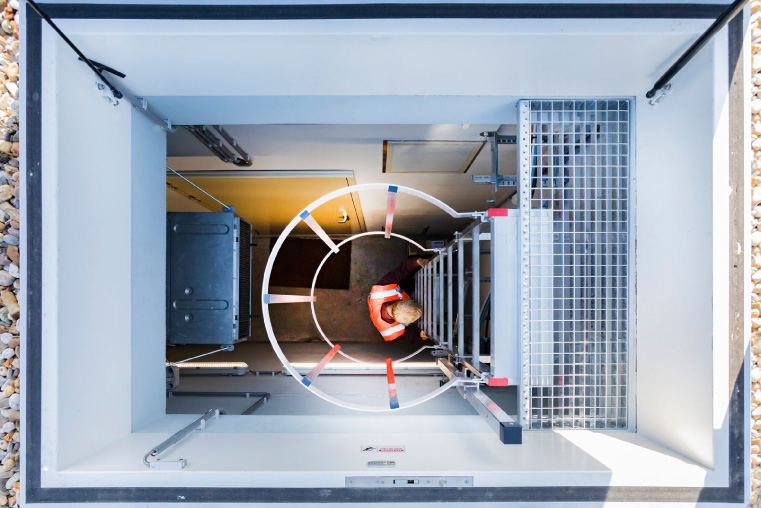On the Frontlines of The Climate Change Battle

As the world comes together for COP28, the need for solutions to solve our planet’s most pressing climate challenges is more urgent than ever.
Combating Climate Change: The Transformative Role of Space Technology
From the highest-ever recorded temperature in Brazil to a surge in natural disasters over the past 50 years that are disproportionately impacting poorer countries, the impact of climate change is being felt on every continent by billions of people. Fortunately, a range of satellite-based communications technologies are now emerging that can reliably and cost-effectively help adapt or mitigate the impact of climate change.
Space technology’s role in addressing climate change is underscored by the efforts of global organisations such as the United Nations Office for Outer Space Affairs (UNOOSA). With a focus on Earth Observation (EO), initiatives such as space-based early-warning systems and real-time monitoring, are crucial for timely responses to environmental challenges.
Nations around the world are quickly realising the key role space technology can play in adapting or mitigating the impacts of climate change. The UAE has been at the vanguard in this regard, seamlessly integrating climate change into its national plans and strategies. This can be seen with the Sirb constellation, a testament to the UAE’s commitment to EO. Yahsat’s strategic partnership with Bayanat further amplifies the nation’s dedication to leveraging space technology for environmental monitoring by expanding the UAE’s satellite remote sensing and EO capabilities.
The increasing demand for space tech applications in disaster planning and recovery and the rise in investment into such technologies by countries and private business cannot be overstated. Satellite communications plays an essential role in providing critical data for disaster preparedness, search and rescue missions.
Yahsat’s Pioneering Efforts: Leveraging Space Tech for Climate Solutions
Yahsat, with its cutting-edge technology, contributes to this by ensuring effective disaster management on a global scale. Its Internet of Things (IoT) solutions, already enable forest mapping, wildfire detection, greenhouse gas emissions monitoring, water resource monitoring, biodiversity management, early detection, warning, and prevention of floods, hurricanes, earthquakes, tsunamis, and more.
Meanwhile, its satellite-enabled connectivity solutions have been critical in saving lives and enabling social, health, and educational development in unserved and underserved communities across Africa.
Space Innovations and Sustainability: Yahsat’s Alignment with Global Climate Goals
Yahsat is doing more than providing satellite communications and space technology, in fact, its Environmental, Social, and Governance (ESG) policy is fully aligned with the UAE’s national goals as well as those of UNOOSA and the Artemis Accords.
This alignment reinforces Yahsat’s dedication to responsible space exploration and underscores the company’s role as a key player in climate change mitigation. An important part of Yahsat’s sustainability and corporate social responsibility strategy framework includes contributing towards relevant local, national, and global sustainability-related ambitions, especially those to which we can make meaningful contributions, including the Abu Dhabi Economic Vision 2030, the UAE National Space Strategy, and the United Nations Sustainable Development Goals.
Last year, Yahsat signed the UAE Ministry of Climate Change and Environment’s Climate Responsible Companies Pledge, which seeks to push the private sector to achieve greater decarbonisation to help meet the UAE Net Zero 2050 target.














